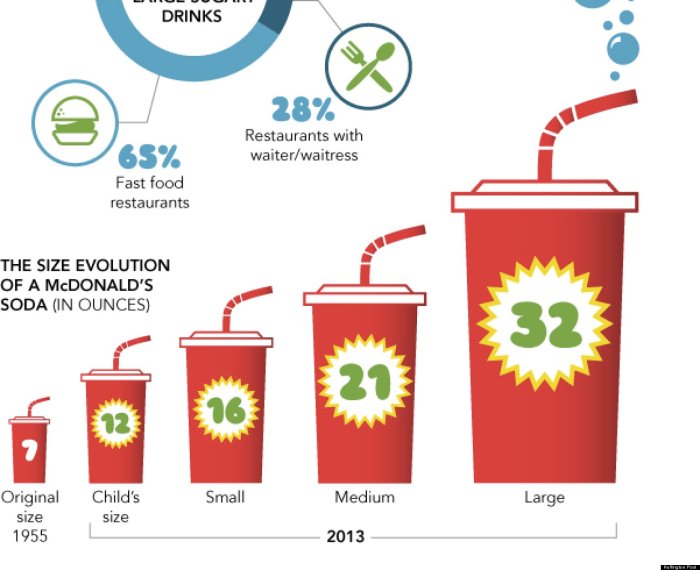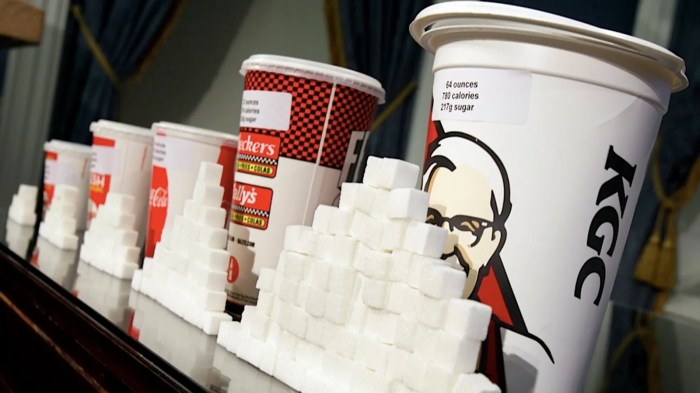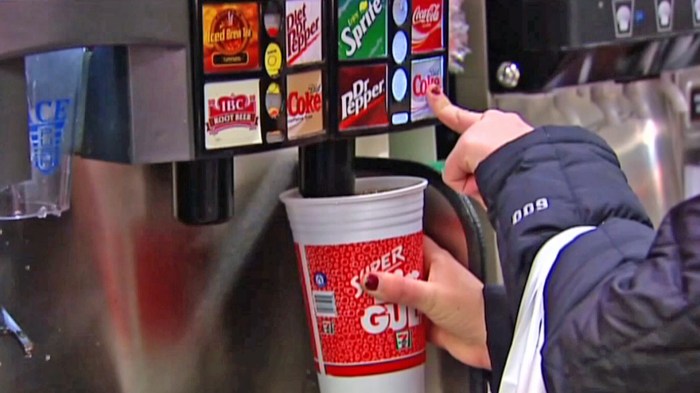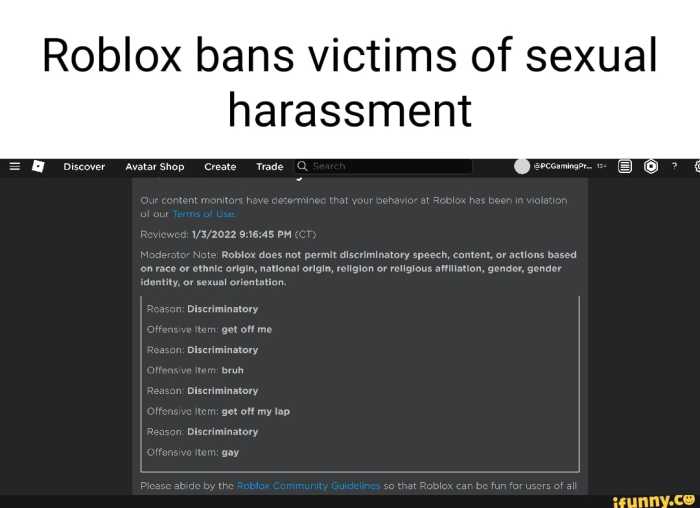Ban the ban soda’s a problem but answers – Ban the Ban: The Complexities of Soda Restrictions presents a comprehensive analysis of the multifaceted issue of sugary drink bans. Exploring the potential health benefits, economic consequences, government regulations, alternative solutions, and social and cultural perspectives, this article delves into the intricate web of arguments surrounding this contentious topic.
While sugary drinks have been linked to various health concerns, the effectiveness and unintended consequences of bans remain subjects of debate. This article examines the evidence, explores international experiences, and considers the role of personal freedom and choice in shaping public policy.
Banning Sugary Drinks: A Public Health Dilemma: Ban The Ban Soda’s A Problem But Answers

The consumption of sugary drinks has emerged as a significant public health concern due to its strong correlation with obesity, diabetes, and other chronic diseases. The debate surrounding a potential ban on sugary drinks has gained momentum, pitting proponents of public health against those concerned about economic consequences and personal freedoms.
Impact on Public Health
Sugary drinks, such as sodas, energy drinks, and sports drinks, are a major source of added sugar in the American diet. Excessive consumption of these beverages has been linked to increased risk of weight gain, obesity, and metabolic disorders.
A study published in the journal Obesityfound that individuals who consumed one or more sugary drinks per day had a 27% higher risk of developing obesity compared to those who consumed less than one sugary drink per month.
Furthermore, a study in the Journal of the American Medical Associationrevealed that consuming one sugary drink per day was associated with a 15% increased risk of developing type 2 diabetes.
Economic Consequences, Ban the ban soda’s a problem but answers
A soda ban could have significant economic consequences for the beverage industry. The American Beverage Association estimates that a ban on sugary drinks could cost the industry up to $10 billion in annual revenue.
Job losses are also a concern. The beverage industry employs approximately 1.5 million people in the United States. A ban on sugary drinks could result in job losses in manufacturing, distribution, and retail.
Government Regulation and Public Policy
The debate over a soda ban raises important questions about the role of government in regulating public health. Proponents of a ban argue that it is the government’s responsibility to protect citizens from the harmful effects of sugary drinks.
Opponents, on the other hand, argue that a ban would infringe on personal freedom and choice. They believe that individuals should be responsible for their own health decisions.
Alternatives and Solutions
Instead of an outright ban, some experts advocate for alternative approaches to reduce soda consumption. These include:
- Increasing the availability of healthier beverage options, such as water, unsweetened tea, and flavored seltzer.
- Implementing targeted education and awareness campaigns to promote the harmful effects of sugary drinks.
- Encouraging industry self-regulation, such as reducing the sugar content of sugary drinks and promoting responsible marketing practices.
Social and Cultural Perspectives
Sugary drinks hold a significant social and cultural significance in American society. They are often associated with celebrations, social gatherings, and sporting events.
A ban on sugary drinks could potentially disrupt these social norms and have a negative impact on cultural traditions.
International Comparisons
Several countries have implemented soda bans or restrictions with varying degrees of success.
For example, Mexico imposed a 10% tax on sugary drinks in 2014, which led to a 12% reduction in soda consumption.
However, other countries, such as the United Kingdom, have struggled to implement effective soda bans due to strong industry opposition and public backlash.
Data and Evidence
The table below compares the nutritional content of different types of sugary drinks:
| Drink Type | Calories | Sugar (g) |
|---|---|---|
| Regular soda | 150 | 40 |
| Diet soda | 0 | 0 |
| Sports drink | 120 | 32 |
| Energy drink | 160 | 54 |
The chart below illustrates the trends in soda consumption over the past decade:

Key Questions Answered
What are the potential health benefits of banning sugary drinks?
Studies have shown that sugary drink consumption is associated with an increased risk of obesity, diabetes, heart disease, and other health problems.
What are the potential economic consequences of a soda ban?
A soda ban could lead to job losses and revenue decline in the beverage industry, particularly for small businesses.
What are the legal and ethical implications of banning sugary drinks?
Soda bans raise concerns about government overreach and the potential infringement on personal freedom and choice.
What are some alternative solutions to soda bans?
Alternative solutions include promoting healthier beverage options, reducing soda consumption through education and awareness campaigns, and encouraging industry self-regulation.


